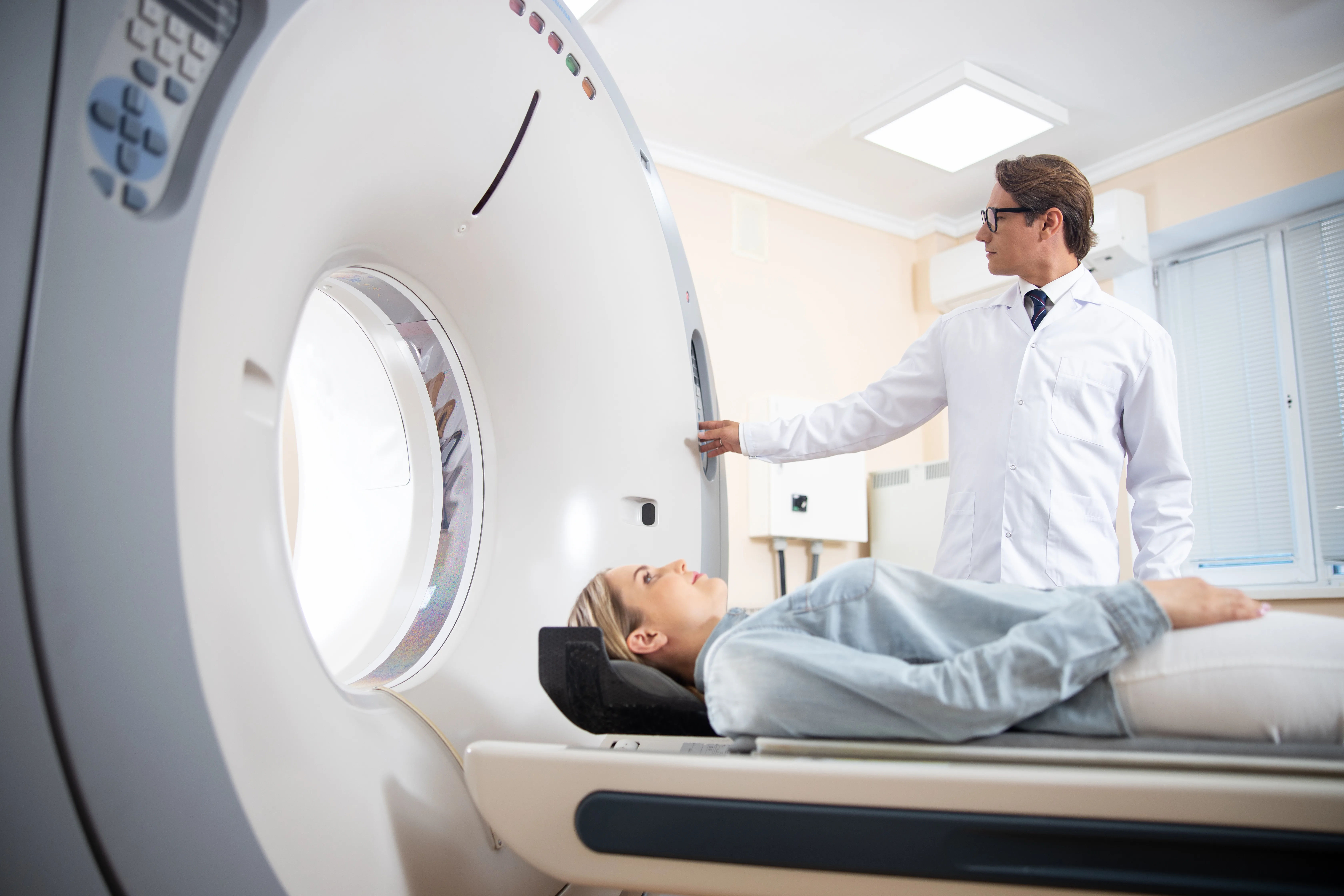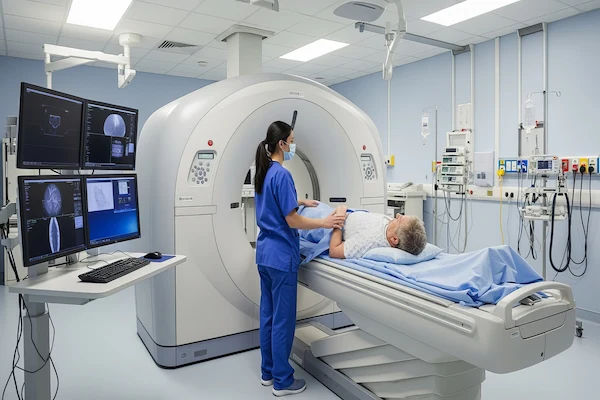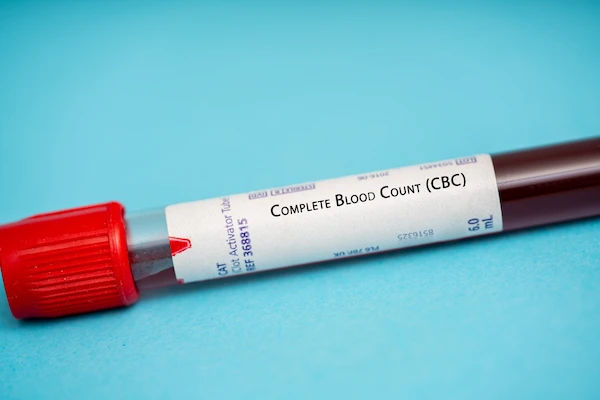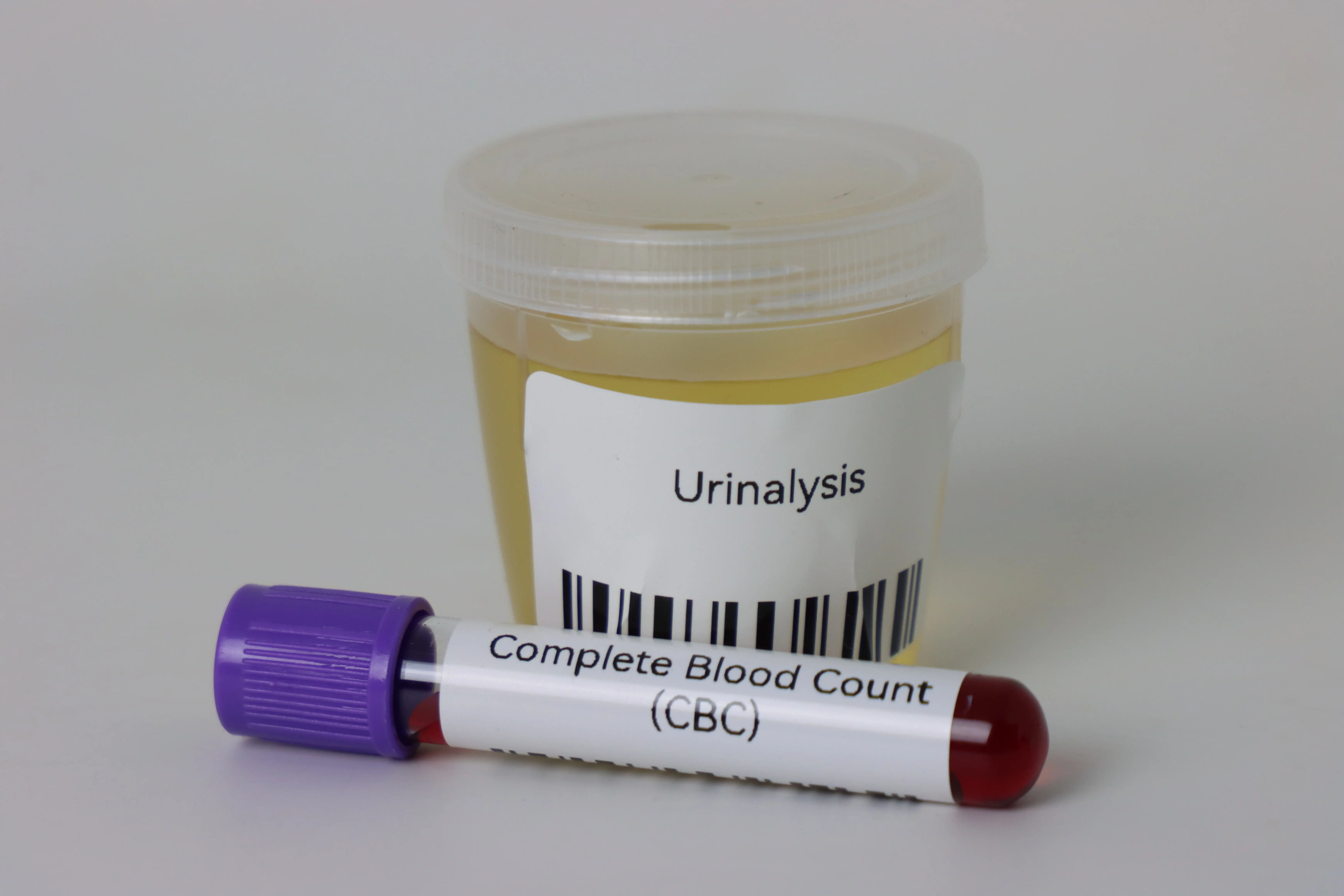How a CT Scan is Performed?
Learn how a CT scan is performed, what to expect during the procedure, and how it helps doctors diagnose internal injuries and medical conditions accurately.

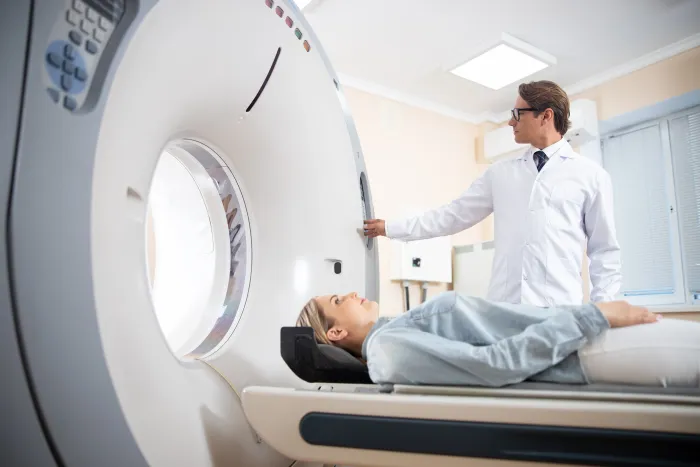
If your doctor has recommended a CT (Computed Tomography) scan, you might be wondering what to expect. A CT scan is a painless and non-invasive imaging test that helps doctors see inside your body in great detail. It can help diagnose injuries, infections, tumors, and other medical conditions.
In this article, we’ll explain how a CT scan is performed, what you should do before, during, and after the procedure, and how to prepare for it.
What Is a CT Scan?
A CT scan (also called a CAT scan) uses X-rays and computer technology to create detailed cross-sectional images of your body. Unlike a regular X-ray, which shows a flat image, a CT scan provides 3D images of bones, organs, blood vessels, and soft tissues. This helps doctors detect problems more accurately.
Why Is a CT Scan Done?
Doctors may recommend a CT scan to:
- Detect fractures, tumours, or internal bleeding
- Diagnose infections, blood clots, or lung diseases
- Guide biopsies or surgeries
- Monitor conditions like cancer or heart disease
How Is a CT Scan Performed?
1. Before the Scan
Preparation:
- Fasting: If your scan involves the abdomen or pelvis, you may need to avoid eating or drinking for a few hours before the test.
- Contrast Dye (if needed): Some scans require a special dye (contrast material) to highlight blood vessels or organs. You may drink it, get an injection, or receive it through an enema.
- Clothing & Jewelry: You’ll be asked to wear a hospital gown and remove metal objects (jewelry, glasses, belts).
- Medical History: Inform your doctor if you have allergies, kidney problems, or are pregnant.
What to Bring:
- Doctor’s prescription
- Previous medical reports (if any)
Consult Top Specialists
2. During the Scan
- You’ll lie on a motorised table that slides into a large, doughnut-shaped machine.
- The technologist will operate the scanner from another room but can see and hear you.
- You’ll need to stay still and may be asked to hold your breath briefly to avoid blurry images.
- The machine will rotate around you, taking multiple X-ray images from different angles.
- The process is painless and usually takes 5–30 minutes, depending on the area being scanned.
3. After the Scan
- If you received contrast dye, you may be asked to drink plenty of water to flush it out.
- You can resume normal activities immediately unless your doctor advises otherwise.
- A radiologist will analyse the images and send a report to your doctor, who will discuss the results with you.
Does a CT Scan Have Any Risks?
CT scans are generally safe, but there are minor risks:
- Radiation exposure (low risk, but multiple scans should be monitored)
- Allergic reaction (rare, if contrast dye is used)
- Kidney issues (if you have kidney disease and receive contrast dye)
Your doctor will weigh the benefits vs. risks before recommending the scan.
Tips for a Smooth CT Scan Experience
- Follow pre-scan instructions (fasting, medication adjustments).
- Stay calm – the procedure is quick and painless.
- Wear comfortable clothing without metal.
- Inform the technician if you feel anxious or claustrophobic (they can help you relax).
When to Consult a Doctor?
If you experience unusual symptoms after the scan (rash, swelling, difficulty breathing), contact your doctor immediately.
If your doctor has recommended a CT scan, you can easily schedule an appointment through Apollo 24|7. Our advanced imaging centres ensure accurate, quick, and safe scans with expert radiologists.
Conclusion
A CT scan is a valuable diagnostic tool that helps doctors detect and treat medical conditions early. Knowing what to expect can reduce anxiety and make the process smoother. If you have any concerns, always consult your doctor before the scan.
Consult Top Specialists
Consult Top Specialists

Dr. Mohammed Kamran
General Practitioner
5 Years • MBBS, FIDM
Nashik
Apollo 24|7 Clinic - Maharashtra, Nashik

Dr. Jawwad Mohammed Kaleem
General Practitioner
4 Years • MBBS
Hyderabad
Apollo 24|7 Clinic, Hyderabad

Dr. J T Hema Pratima
General Practitioner
9 Years • MBBS
Chennai
Apollo 24|7 Clinic - Tamilnadu, Chennai
(325+ Patients)
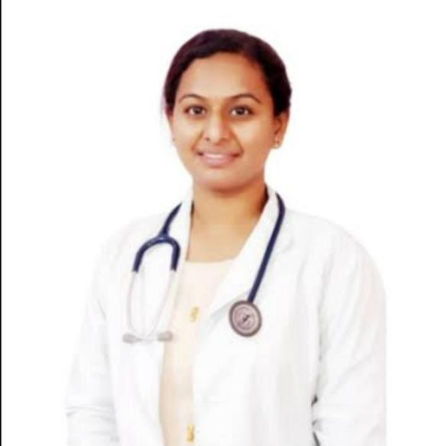
Dr. Chaithra H
General Physician/ Internal Medicine Specialist
6 Years • MBBS, MD General Medicine, DNB General Medicine
Bangalore
Apollo 24|7 Clinic - Karnataka, Bangalore
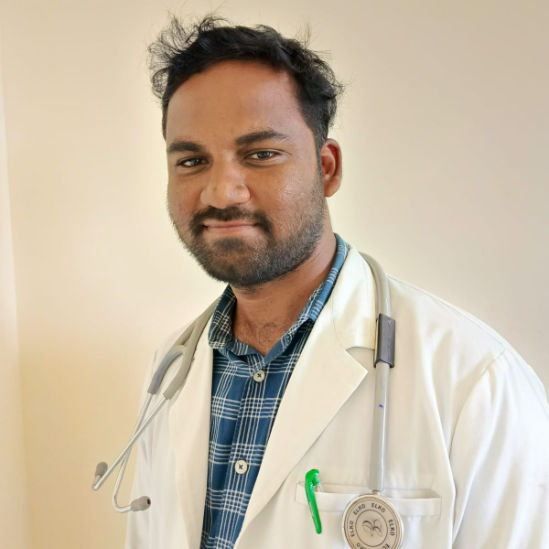
Dr. M L Ezhilarasan
General Practitioner
6 Years • MBBS
Visakhapatnam
Apollo 24|7 Clinic - Andhra Pradesh, Visakhapatnam
Consult Top Specialists

Dr. Mohammed Kamran
General Practitioner
5 Years • MBBS, FIDM
Nashik
Apollo 24|7 Clinic - Maharashtra, Nashik

Dr. Jawwad Mohammed Kaleem
General Practitioner
4 Years • MBBS
Hyderabad
Apollo 24|7 Clinic, Hyderabad

Dr. J T Hema Pratima
General Practitioner
9 Years • MBBS
Chennai
Apollo 24|7 Clinic - Tamilnadu, Chennai
(325+ Patients)

Dr. Chaithra H
General Physician/ Internal Medicine Specialist
6 Years • MBBS, MD General Medicine, DNB General Medicine
Bangalore
Apollo 24|7 Clinic - Karnataka, Bangalore

Dr. M L Ezhilarasan
General Practitioner
6 Years • MBBS
Visakhapatnam
Apollo 24|7 Clinic - Andhra Pradesh, Visakhapatnam
